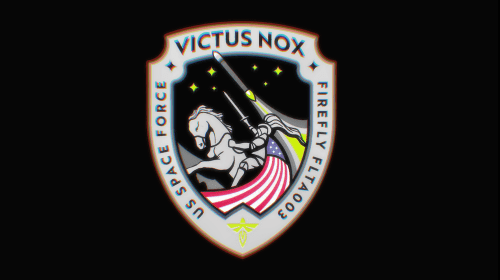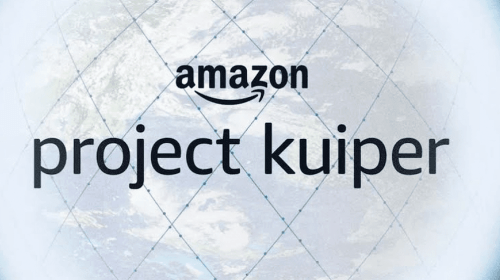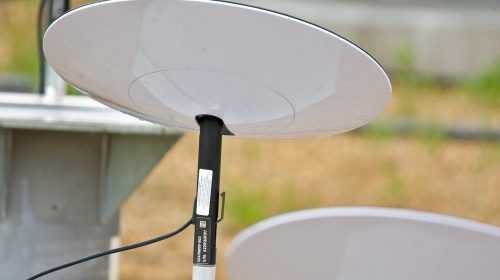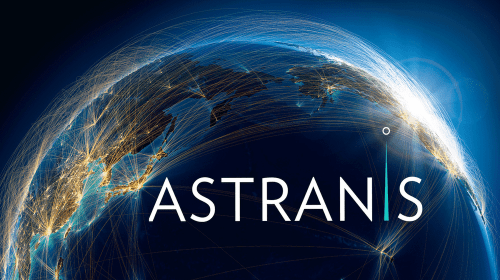May 23, 2018
Satellite has long been recognized as a key player in disaster recovery scenarios. A major disaster such as a hurricane, flood or tornado, can wipe out standard means of communication. Cell phone services can go down and internet access may be unavailable due to power outages or damaged infrastructure. Satellite services can quickly be deployed to provide services for first responders and permit companies that plan ahead, to remain operational. The focus here is on humanitarian efforts.
Agreement Participants
Having long recognized the value in working together, a number of prominent members of the satellite industry have partnered with the United Nations World Food Programme (WFP). On behalf of the ETC or Emergency Telecommunications Cluster, these companies have signed contribution agreements, confirming their commitment to supporting global disaster relief. These contribution agreements finalize operations for the Crisis Connectivity Charter that was signed in 2015 between the UN Office for Coordination of Humanitarian Aid (OCHA) , the ETC, the EMEA Satellite Operator’s Association (ESOA),and the Global VSAT Forum (GVF).
number of partners come together here. The UN WFP operates in 80 countries feeding people caught in conflict or disasters, and teaching sustainable development. The ETC partners with leading edge technology companies and local telecom providers to support humanitarian responders, citizens and governments with resilient and principled communications. ESOA is a non-profit that promotes common interests of satellite operators, and represents EMEA satellite operators. The GVF boasts 200+ members from around the world, operating as an independent, non-partisan, and non-profit organization that represents all aspects of the satellite industry. Together all these players are working to prepare communications for the next disaster.
Leading satellite operators including Arabsat, Eutelsat, Global Eagle, Hispasat, Inmarsat, Intelsat, SES, Thuraya and Yahsat, signed the Crisis Connectivity Charter which will help the humanitarian community by providing and enhancing access to critical satellite-based communications, when required, following a disaster that destroys or overloads local networks.
How it Works
Charter signatories are committing satellite equipment and capacity to be dedicated to humanitarian purposes when faced with an emergency or disaster. In a disaster scenario, the ETC under the direction of the WFP, will activate the Charter when a disaster scenario arises, and identify which pre-planned solutions can be most rapidly deployed into any particular region. The goal is to deploy hardware and services within 24 hours, following a crisis. Satellite services will enable VoIP, WiFi access and video conferencing to support humanitarian operations, including logistics to manage urgent medical care, delivery and distribution of food and water, and the coordination of relief efforts by the various participants.
As part of the preparation, donated satellite equipment will be distributed across three continents, and stored in humanitarian depots. Satellite operators will also set aside pre-allocated bandwidth to cover all regions of the globe.
Progress to Date
Beginning with a pilot session for a 5-day technical training course for humanitarian ICT (Information and Communications Technology) responders in May of 2016, the ETC has steadily ramped up capabilities and operations. The course was designed to prepare participants to deploy, manage and support the various satellite solutions to be facilitated by the Crisis Connectivity Charter. This training is an ongoing effort, designed to prepare a cadre of supporters. Responders need to be able to quickly install, activate and maintain the equipment in challenging locales.
Since that first training class, satellite operators have supported the WFP on all continents. They supported a number of governments and NGOs, responding to Hurricanes Irma and Maria. They have participated in Haiti, Nepal and Vanuatu, to mention just a few.





